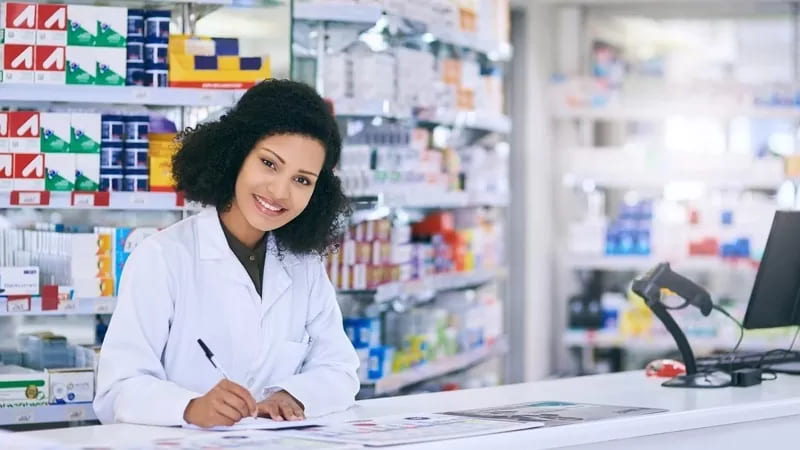
Ensuring the authenticity of purchased pharmaceuticals is paramount in safeguarding health and well-being. Pharmacists play a crucial role in this processhttps://www.thecookinsuranceagency.com leveraging their expertise to help consumers navigate the complexities of drug verification. Here are some essential guidelines for verifying the genuineness of purchased drugs.
Firstlyhttps://www.thecookinsuranceagency.com examine the packaging meticulously. Genuine medications typically have high-qualityhttps://www.thecookinsuranceagency.com well-printed labels and packaging. Look for discrepancies such as misspellingshttps://www.thecookinsuranceagency.com poor-quality printinghttps://www.thecookinsuranceagency.com or irregularities in the design. Counterfeit drugs often exhibit these telltale signs. Additionallyhttps://www.thecookinsuranceagency.com check for tamper-evident seals or hologramshttps://www.thecookinsuranceagency.com which are common in legitimate products but rare in fakes.
Secondlyhttps://www.thecookinsuranceagency.com scrutinize the drug’s physical characteristics. Authentic drugs have consistent colorhttps://www.thecookinsuranceagency.com shapehttps://www.thecookinsuranceagency.com and size. If a pill or liquid appears discoloredhttps://www.thecookinsuranceagency.com has an unusual odorhttps://www.thecookinsuranceagency.com or varies in texture compared to previous batcheshttps://www.thecookinsuranceagency.com it may be counterfeit. Cross-referencing these characteristics with information from reliable sourceshttps://www.thecookinsuranceagency.com such as the manufacturer’s website or pafikotarantau.orghttps://www.thecookinsuranceagency.com can provide additional verification.
Consulting with a pharmacist is another crucial step. Pharmacists possess extensive knowledge of various medications and can offer valuable insights into the legitimacy of a drug. They can also assist in identifying signs of counterfeit drugs and provide advice on how to report suspicious products. Utilizing resources …



